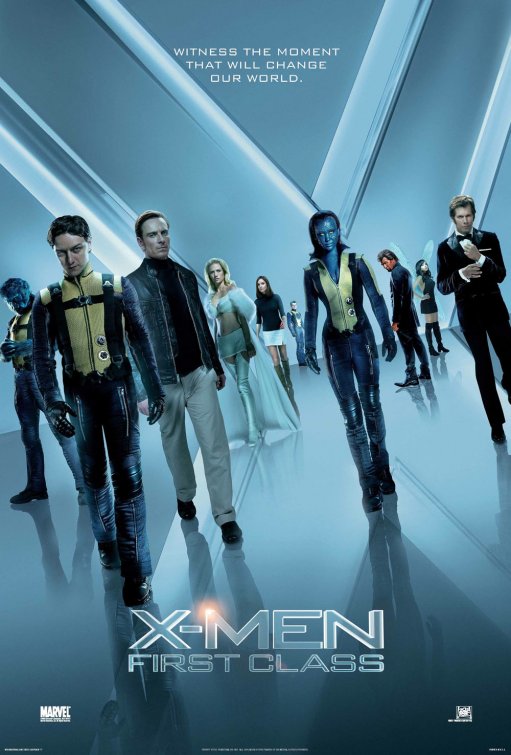****
Once again, Guy Ritchie offers us a version of Sherlock Holmes that is funnier and more exciting than any previous adaptations by other directors. This adaptation may be loose (vaguely based on Conan Doyle’s The Final Problem) but it does capture the essence of Holmes, possessing much of the wit of the books. It even shows us what it’s like to be the famous detective, giving us occasional looks inside his head to give a flavour of that absurd intellect.
Dr Watson (Jude Law) is getting married and Holmes (Robert Downey Jr.) isn’t very happy about it. Watson’s stag is an ‘eventful’ one and alas a happy honeymoon is not on the cards – nothing to do with Holmes, mind but Moriarty (Jared Harris). Criminal mastermind Professor James Moriarty is gleefully wreaking havoc throughout Europe – with bombs and assassinations, provoking war - and the crime-busting pair are getting dragged into the midst of it.
Although the action takes Holmes and Watson out of London and into France and Switzerland
Guy Ritchie’s directorial flair has not lessened in this 1890s setting. If anything he’s cranked-up his style up a notch. Slow-mo and bullet time abound during action sequences and, although the perceived wisdom may be to not use such devices in a period piece, it absolutely works. He has also created a very attractive nineteenth century Europe and one on an epic scale. The characters talk fast, the action moves fast and so you do have to keep up. The gags, banter, and exposition come thick and fast. It keeps you on your toes and in this way doesn’t condescend to the audience. And it’s rip-roaring family entertainment for the holidays.


